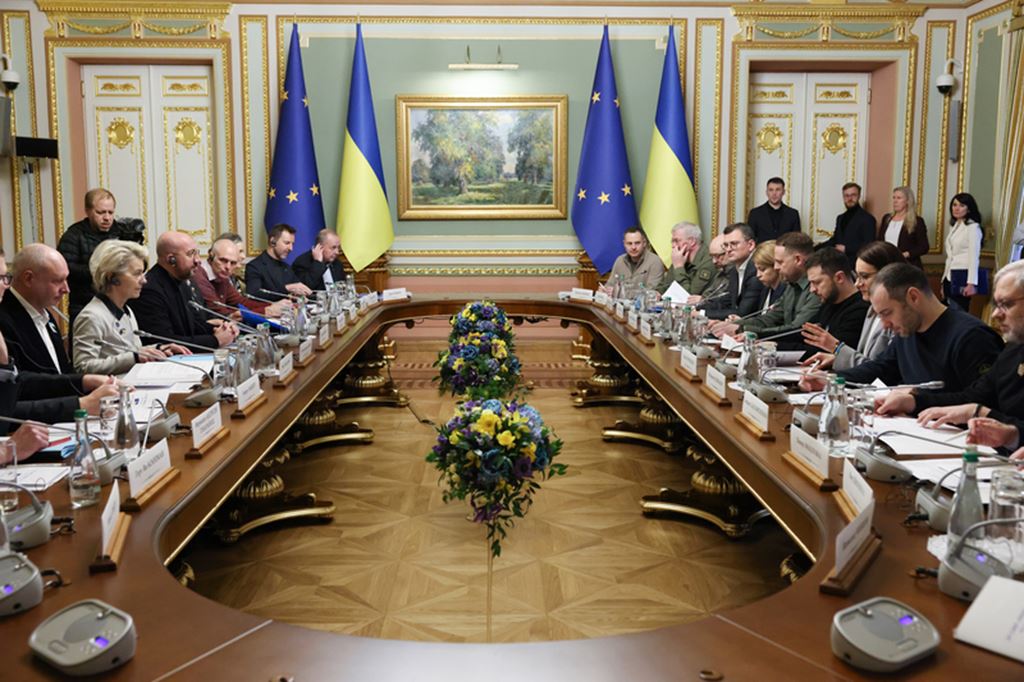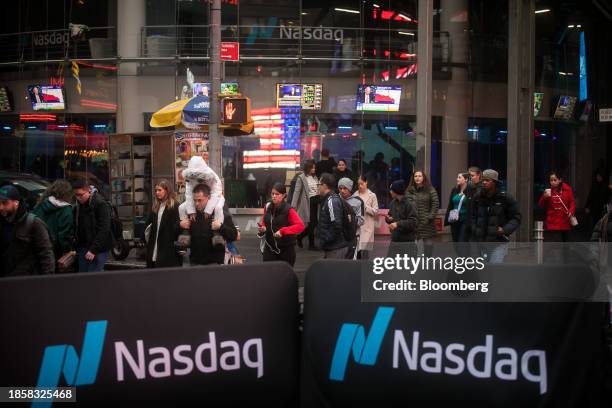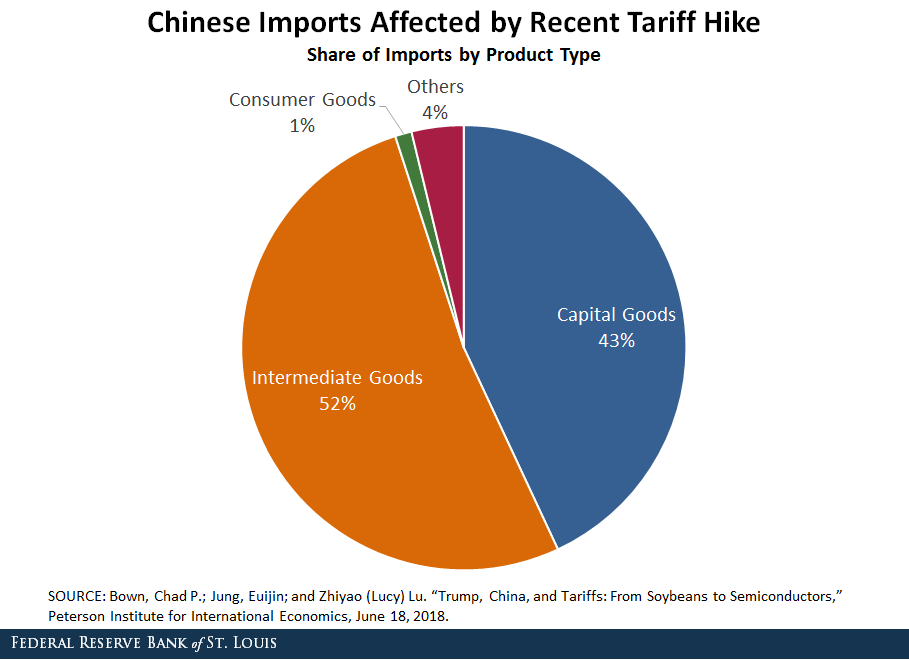Europe First: Macron's Appeal To EU Leaders On Trade Policy

Table of Contents
Macron's "Europe First" Strategy: Core Tenets and Objectives
At the heart of Macron's "Europe First" trade policy lies a desire to bolster European industries and reduce the EU's dependence on external suppliers. This strategy aims to prioritize European interests in trade negotiations and foster a more resilient and self-sufficient European economy. The key proposals include:
-
Strengthening EU industrial sectors through subsidies and protectionist measures: This involves targeted financial support for strategic industries deemed crucial for European security and economic independence, alongside the implementation of tariffs and other trade barriers to shield domestic producers from foreign competition. This approach seeks to counter the perceived unfair trade practices of some global competitors.
-
Prioritizing reciprocal trade agreements that benefit European businesses and workers: Macron advocates for trade deals that ensure fair competition and reciprocal market access for European companies, rather than agreements that solely benefit larger economies. This emphasis on reciprocity aims to address concerns about imbalances in existing trade relationships.
-
Reducing reliance on non-EU suppliers for key goods and services: The strategy focuses on diversifying supply chains and reducing dependence on critical imports from countries perceived as geopolitical rivals or unreliable trading partners. This includes investing in domestic production and exploring alternative sourcing options within the EU and among trusted allies.
-
Implementing stricter regulations on foreign investment: Macron's approach seeks to better screen foreign investments for potential security and economic risks, potentially introducing stricter regulatory frameworks to protect sensitive European industries and technologies.
-
Promoting "European champions" through strategic alliances and mergers: The strategy encourages the consolidation of European companies to create larger, more competitive entities capable of competing on the global stage. This involves supporting mergers and acquisitions that strengthen European industrial capabilities. These initiatives utilize keywords like EU trade policy reform, protectionist trade, strategic autonomy, European industrial policy, and reciprocal trade agreements.
Reactions from EU Leaders and Member States
Macron's "Europe First" initiative has been met with a mixed bag of reactions from other EU leaders and member states. While some countries share his concerns about the need for a more robust and protective trade policy, others remain staunch defenders of free trade and are wary of the potential consequences of protectionism.
-
Support from countries with similar economic concerns: Countries facing similar challenges in specific sectors, or those with a history of advocating for greater EU industrial policy, tend to be more supportive of Macron's proposals.
-
Opposition from countries heavily reliant on free trade with non-EU partners: Member states whose economies are heavily integrated with non-EU markets, particularly those reliant on exports, express significant concerns about the potential negative impacts of protectionist measures.
-
Concerns about potential WTO violations and retaliatory measures: The implementation of protectionist measures raises concerns about compliance with World Trade Organization rules and the potential for retaliatory measures from other countries, leading to trade wars.
-
Debate on the balance between protectionism and free market principles within the EU: The core of the debate within the EU centers on finding a balance between protecting domestic industries and upholding the principles of free trade that have underpinned the EU's economic success for decades. These discussions involve keywords like EU member states, trade policy debate, protectionism vs free trade, WTO compliance, and the EU internal market.
Economic Implications of a "Europe First" Trade Policy
The potential economic consequences of implementing Macron's proposals are multifaceted, encompassing both potential benefits and significant drawbacks.
-
Potential benefits: Job creation in specific sectors, particularly those focused on strategic autonomy, is a key argument in favor. Increased competitiveness of European industries, shielded from foreign competition, is also cited as a potential outcome.
-
Potential drawbacks: Higher prices for consumers due to reduced competition and increased import costs are a significant concern. Reduced access to cheaper goods from around the world, impacting consumer purchasing power, is another potential drawback. Trade wars with other nations, triggered by protectionist measures, could severely harm the EU economy.
-
Impact on specific sectors: The impact will vary significantly across sectors. Agriculture, manufacturing, and technology are likely to be particularly affected, depending on the specific policies implemented. The keywords used here include economic impact, trade protectionism, consumer prices, EU competitiveness, and global trade.
The Geopolitical Context: Europe's Role in the Global Economy
Macron's "Europe First" policy must be viewed within the broader geopolitical landscape. The rise of protectionism globally, coupled with the intensifying competition between the US and China, presents a complex backdrop for the EU's trade strategy.
-
Competition with the US and China: The EU faces increasing pressure from both the US and China, each pursuing its own trade agenda and challenging the traditional multilateral trade system. Macron's approach reflects a desire to strengthen the EU's position in this competitive environment.
-
Impact on EU relationships with key trading partners: The implementation of protectionist measures could strain relations with key trading partners, potentially leading to retaliatory measures and undermining the EU's broader diplomatic efforts.
-
Implications for multilateral trade agreements: Macron's strategy could challenge the existing multilateral trade framework, potentially weakening international cooperation on trade and leading to increased fragmentation of the global trading system. The keywords involved here are geopolitics, global trade, US-EU relations, China-EU relations, and multilateral trade.
Conclusion
Macron's "Europe First" appeal represents a significant shift in the EU's approach to trade policy, sparking intense debate about the optimal balance between protectionism and free trade. While aiming to strengthen European industries and reduce external dependencies, this approach carries substantial economic and geopolitical risks. The potential for higher consumer prices, trade wars, and strained international relationships must be carefully weighed against the potential benefits. The future of "Europe First" trade policy hinges on the EU's ability to navigate these complex challenges and forge a sustainable path that promotes both economic resilience and international cooperation. We encourage you to engage further with the ongoing debate surrounding the implications of "Europe First" trade policies and the future of Europe First trade policy. Further reading and participation in relevant discussions are crucial to understanding the complexities and long-term ramifications of this crucial shift in EU trade strategy.

Featured Posts
-
 Fratii Tate Baie De Multime In Bucuresti La Scurt Timp Dupa Ce Au Fost Eliberati
May 21, 2025
Fratii Tate Baie De Multime In Bucuresti La Scurt Timp Dupa Ce Au Fost Eliberati
May 21, 2025 -
 Hellfest 2024 Profitez De La Nouvelle Brasserie Hell City A Clisson
May 21, 2025
Hellfest 2024 Profitez De La Nouvelle Brasserie Hell City A Clisson
May 21, 2025 -
 Trans Australia Run Record A New Benchmark
May 21, 2025
Trans Australia Run Record A New Benchmark
May 21, 2025 -
 Abn Amro The Tariff Effect On Food Exports To The Us
May 21, 2025
Abn Amro The Tariff Effect On Food Exports To The Us
May 21, 2025 -
 The Latest On Aj Styles Wwe Contract Situation
May 21, 2025
The Latest On Aj Styles Wwe Contract Situation
May 21, 2025
